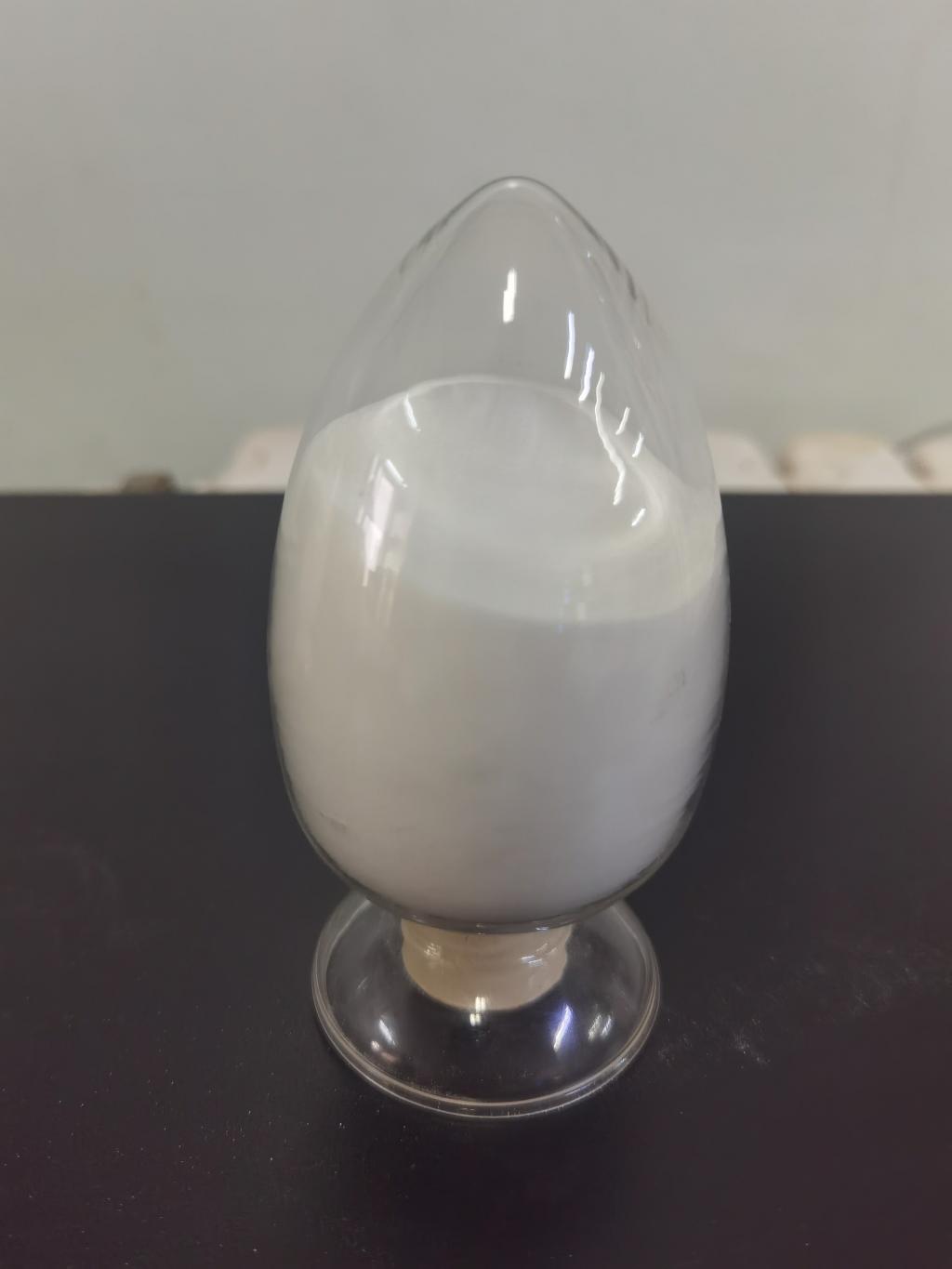Tel:+8618231198596

News
 CONTACT
CONTACT
 CONTACT
CONTACT
- Linkman:Linda Yao
- Tel: +8618231198596
- Email:linda.yao@dcpharma.cn
- Linkman:CHARLES.WANG
- Department:Overseas
- Tel: 0086 0311-85537378 0086 0311-85539701
News
Current Position:
Home >
News
>The role of ε-Polylysine hydrochloride in reducing spoilage in cold chain logistics.
The role of ε-Polylysine hydrochloride in reducing spoilage in cold chain logistics.
TIME:2024-09-24
Understanding ε-Polylysine Hydrochloride
ε-Polylysine is a homopolymer of lysine, an essential amino acid, produced by certain strains of Streptomyces albulus through fermentation. In its hydrochloride form (ε-PL HCl), it is highly soluble in water and effective against a wide range of microorganisms, including Gram-positive bacteria, yeasts, and molds. ε-PL works by disrupting the cell membranes of these microorganisms, leading to leakage of cellular contents and ultimately, cell death. Its natural origin, low toxicity, and biodegradability make it an attractive option for use in the food and pharmaceutical industries, especially in the context of clean-label and health-conscious products.
The Importance of Cold Chain Logistics
Cold chain logistics involves the management of temperature-controlled supply chains to ensure that perishable products, such as fresh produce, dairy, meat, and pharmaceuticals, are kept at the required temperatures to prevent spoilage and maintain efficacy. However, even with strict temperature control, the risk of microbial growth and spoilage persists, particularly during transportation, storage, and handling. This can lead to significant economic losses, reduced product quality, and potential health risks.
Role of ε-PL in Reducing Spoilage in Cold Chain Logistics
ε-PL can play a crucial role in reducing spoilage in cold chain logistics by providing an additional layer of protection against microbial growth. Here are some key ways in which ε-PL can be utilized:
Antimicrobial Packaging:
ε-PL can be incorporated into packaging materials, such as films, coatings, and sachets, to create an antimicrobial barrier around the product. These active packaging solutions can release ε-PL over time, inhibiting the growth of spoilage organisms and extending the shelf life of perishable goods.
Surface Treatments:
Fresh produce, meats, and other perishables can be treated with ε-PL solutions before or after packaging. This surface treatment can help reduce the initial microbial load and provide ongoing protection against contamination during transport and storage.
Cooling and Storage Solutions:
ε-PL can be added to cooling and storage solutions, such as ice packs or refrigeration units, to create an antimicrobial environment. This can be particularly useful for high-risk products, such as seafood and poultry, which are prone to rapid spoilage.
Coatings for Transport Containers:
The interiors of transport containers, such as refrigerated trucks and shipping containers, can be coated with ε-PL to create an antimicrobial surface. This can help reduce cross-contamination and maintain a cleaner environment for the transported goods.
Benefits of Using ε-PL in Cold Chain Logistics
Enhanced Shelf Life:
By inhibiting the growth of spoilage microorganisms, ε-PL can significantly extend the shelf life of perishable products, reducing waste and improving the overall efficiency of the cold chain.
Improved Food Safety:
ε-PL's broad-spectrum antimicrobial activity can help reduce the risk of foodborne pathogens, thereby enhancing the safety of the products and protecting consumer health.
Natural and Clean-Label Appeal:
As a naturally occurring compound, ε-PL aligns with the growing consumer demand for natural and minimally processed foods. It can be listed as "polylysine" on ingredient labels, which is more appealing to consumers compared to synthetic preservatives.
Cost-Effectiveness:
ε-PL is effective at very low concentrations, typically between 50 to 100 ppm. This means that only small amounts are needed to achieve the desired antimicrobial effect, making it cost-effective and minimizing the impact on the sensory properties of the food.
Challenges and Considerations
While ε-PL offers numerous advantages for reducing spoilage in cold chain logistics, there are several challenges and considerations to address:
pH and Ionic Strength:
The effectiveness of ε-PL can be influenced by the pH and ionic strength of the food matrix. It is most effective in slightly acidic conditions (pH 4-6). High ionic strength can reduce its efficacy, so careful formulation may be necessary to optimize its performance.
Regulatory Approval:
The use of ε-PL must comply with local and international food safety regulations. While it is approved in many countries, including Japan, China, and the United States, manufacturers should verify the regulatory status in their specific markets.
Compatibility with Packaging Materials:
ε-PL must be compatible with the packaging material to ensure proper integration and release. Compatibility testing is essential to determine the best methods for incorporating ε-PL into different types of packaging.
Consumer Perception:
Consumer acceptance of new technologies, even those derived from natural sources, can vary. Clear communication about the benefits and safety of ε-PL, along with transparency in labeling, can help build consumer trust and confidence in the product.
Conclusion
The integration of ε-polylysine hydrochloride into cold chain logistics represents a significant advancement in the fight against spoilage and the enhancement of food and pharmaceutical safety. By leveraging its broad-spectrum antimicrobial activity, natural origin, and compatibility with various packaging and treatment methods, ε-PL can help extend the shelf life of perishable goods, reduce waste, and meet the growing demand for clean-label and natural preservatives. As research and development continue to advance, the use of ε-PL in cold chain logistics is expected to play an increasingly important role in ensuring the quality and safety of temperature-sensitive products, contributing to the overall advancement of food technology and public health.
- Tel:+8618231198596
- Whatsapp:18231198596
- Chat With Skype







